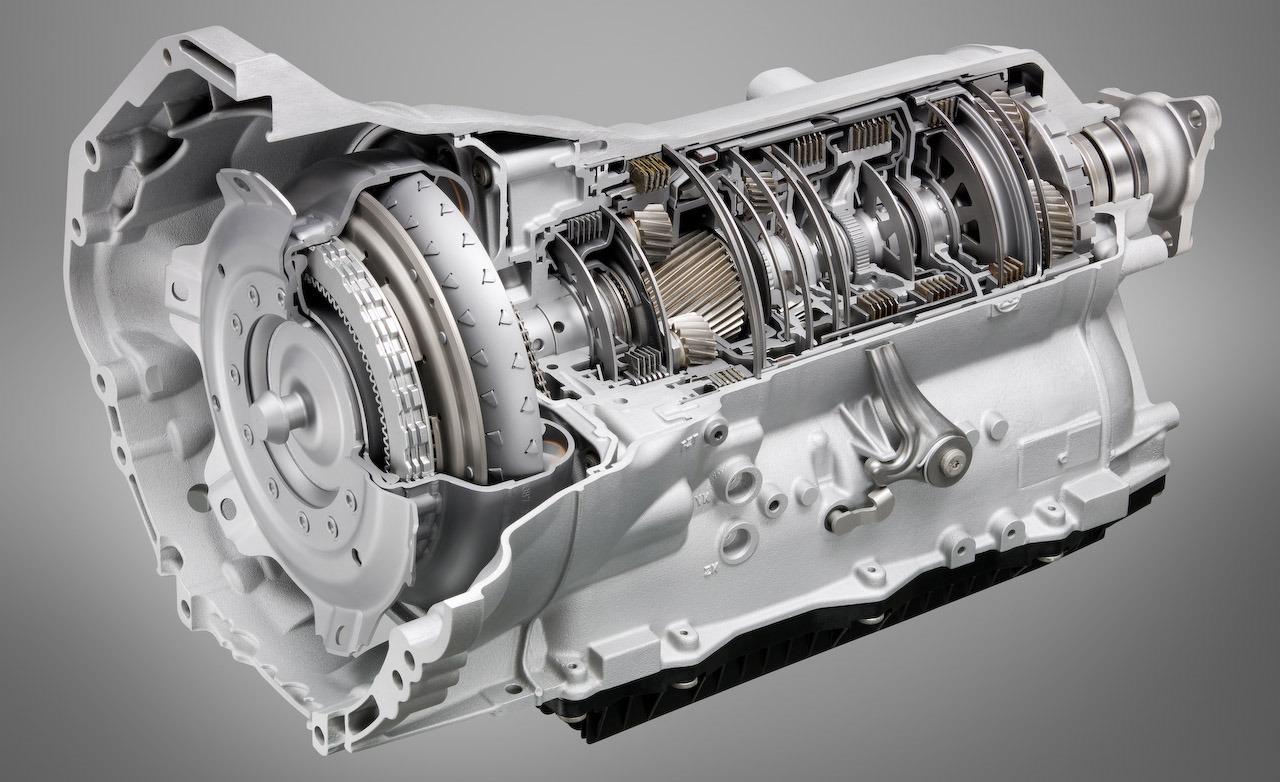

With time and use, metal chips may form in some of your transmission parts. So if your transmission fluid level is low, your transmission light may pop on, and it’s best to top it as early as possible. Low transmission fluid levels may lead to low pressure and result in transmission trouble, like a hard-shifting automatic transmission. Transmission fluid lubricates and provides the hydraulic pressure needed to move the clutches and bands for the shifts in automatic transmissions. If your transmission fluid becomes old, it’ll reduce the fluid’s lubrication and friction-modifying properties - ultimately leading to transmission shifting issues. These aren’t the only transmission fluid issues affecting your car. Using the wrong transmission fluid may result in some hard car jerks, especially at high speed. That’s why manufacturers recommend using a certain transmission fluid type to avoid any transmission trouble. Your transmission is built with materials compatible with a specific transmission fluid.

In such cases, it’s best to get an expert to check out the transmission. But over time, these bands and clutches may smoothen out, making it difficult to hold things together. Transmission bands and clutches help you change your gears swiftly. Now, let’s check out some causes behind those car jerks: 13 Reasons Why Your Car’s Transmission Jerksįrom a clogged catalytic converter to a worn-out transmission and low transmission fluid, there are many reasons for your car to jerk. However, if your car has a computer-controlled transmission, erratic gear shifts or any other transmission problem can also happen due to a bad sensor or shift solenoid.
#Changed transmission fluid now shifts hard manual#
Typically, automatic transmission fluid lasts around 60,000 to 100,000 miles, while manual transmission fluid lasts 30,000 to 60,000 miles. Like your engine oil, both automatic and manual transmission fluid also get dirty over time. Here are 3 symptoms that often accompany a jerky transmission: 1.


 0 kommentar(er)
0 kommentar(er)
